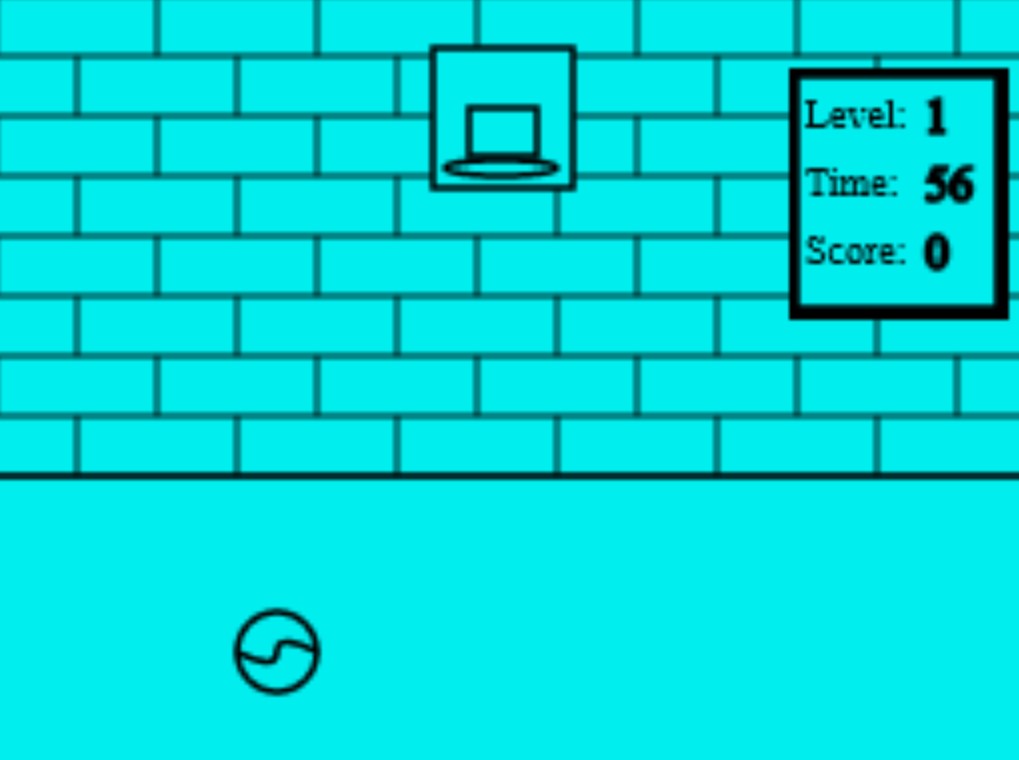The phrase of the title, “No Ads, no Corporate Masters”, is of course a wordplay on “No Gods, no Masters”. It’s also a phrase I use on Home for Fiction, for example whenever you try to access any of the apps (we’ll talk about this more in a moment) .
It’s a way for me to remind you that Home for Fiction displays no ads, and it’s controlled by nobody.
But why all this? Why do I refuse to put ads on Home for Fiction? The short answer is, for the same reason I’ve refused corporate masters (and as you’ll discover in this post, I’ve had many such… suitors): Because I can’t compromise on what Home for Fiction is – in terms of content as well as aesthetics.
The longer answer is something I decided to write this post about.


